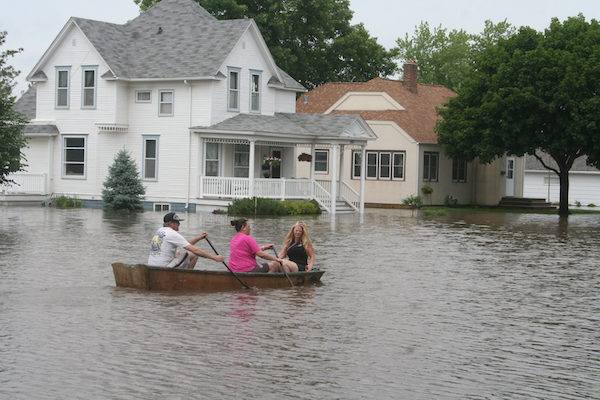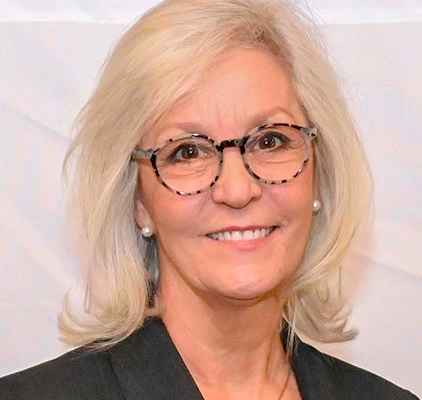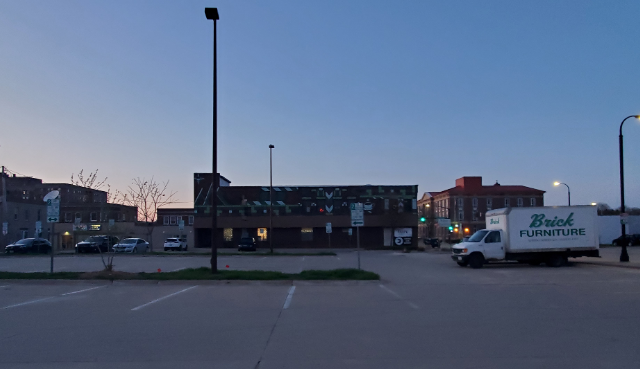Iowa voters want presidential candidates to address climate change

DES MOINES, Iowa – Democratic presidential candidates campaigning in Iowa are fielding lots of questions about how they plan to address climate change.
Climate scientists attribute the burning of fossil fuels to global warming, which in turn causes extreme weather events such as the spring floods that have caused more than $2 billion in damage to Iowa towns and farms this year. Environmental science professor David Courard-Hauri at Drake University is an advocate of adding more renewables to the state’s grid.
“We’re at the point that buying renewable energy costs less than just buying the coal to run a coal plant, let alone building new coal,” Courard-Hauri said, “and those prices continue to go down.”
He said technology advancements are allowing people to develop renewable energy – not because they’re being paid or subsidized, but because it’s cheaper. Iowa is one of the nation’s top five states for wind-energy production, but ranks 39th for solar installations.
The city of Davenport has for the first time initiated discussions about building a flood wall or levee because of damage from spring storms. Starting last summer, Iowa has experienced its wettest 12-month period since official records began in 1895, and climate modeling shows that Iowa’s number of days for summer temperatures in the 90s will double in the next few decades.
Courard-Hauri said it doesn’t matter if candidates call it climate change or extreme weather; the shift is hard on people.
“We have so many systems that are dependent on the weather,” he said. “Agriculture is dependent upon fertile soils being in the area, where you get a certain amount of rain, and it’s really hard when the place that you grew up, when that’s just not the same as it used to be.”
Iowa is second only to California in U.S. food production, but a 2016 Iowa State University study showed only 40% of Iowa farmers believe that human activity is implicated in climate change, even while two-thirds said they believe that climate change is occurring. That’s far below the 62% of the general population that agrees global warming is mostly human-caused.
The ISU study is online at store.extension.iastate.edu.




